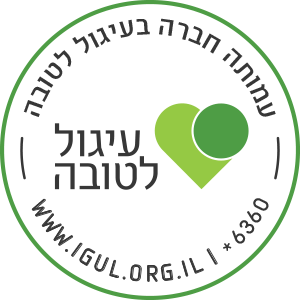The war that began in October 2023 has become the longest Israel has ever experienced. Living under a prolonged war has far-reaching effects on women’s health, wellbeing, and safety.
This study examined the ongoing impact of the war on women in Israel across multiple areas of life, as well as the effects of the June 2025 escalation with Iran. A total of 1,002 women, ages 27–55, from both Jewish and Arab sectors participated, representing the broader population.
The findings reflect the complex reality women in Israel are facing – one that directly affects their bodies, mental health, and daily lives.
To read the full findings and download PDF, click here.
Key Findings
71% reported increased stress and anxiety
57% reported increased sadness and depression
70% reported changes in sleep
65% reported changes in eating habits (mainly more food, sweets, and carbs)
41% postponed or avoided medical checkups (due to sirens, lack of time, no appointments)
22% reported changes in their menstrual cycle or period
67% feel less safe in public spaces
55% feel less safe at home
42% spend less time on physical activity
Recommendations
- Promote workshop programs for women to process difficulties and gain coping tools for sudden and ongoing health changes.
2. Increase awareness and provide tailored information for women on health and wellbeing, including guidance for coping with the impacts of war.
3. The Ministry of Health should expand access to gender-sensitive health services, especially in the periphery and among diverse communities.
4. Increase awareness of the mental-health impact of news exposure. The Ministry of Health should initiate campaigns to raise awareness and warn of possible effects.
5. Strengthen oversight of private firearm licensing and continue monitoring the impacts on women’s safety.





